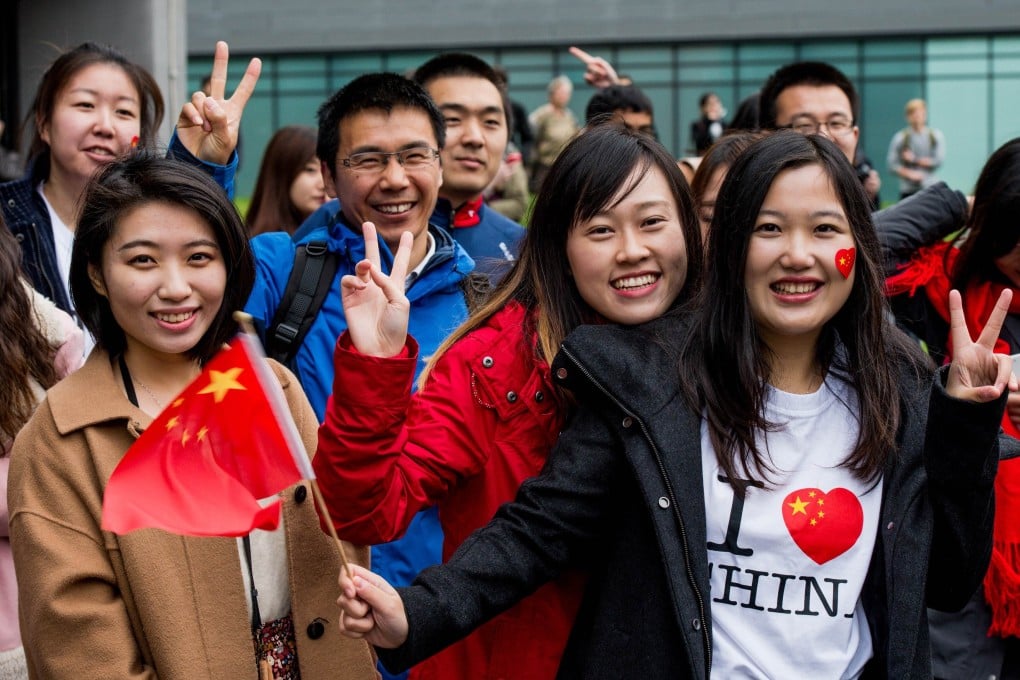Chinese students looking abroad confident about coronavirus pandemic, but keeping an eye on geopolitics
- Britain remains the favoured destination for students surveyed about their overseas study plans, followed by the US, Australia and Canada
- The pandemic and policies targeting Chinese students are among concerns but parents don’t appear worried about protests in Hong Kong, consultant says

As the world gradually moves ahead of the coronavirus, Chinese students are newly confident about studying abroad. But concerns remain about China’s strained relationships with some foreign countries.
Half the Chinese students wishing to go overseas said they planned to go this year, while a quarter would leave next year, according to a survey of 1,380 students by Chinese education consultancy EIC Education.
In 2019, China – the country with the most people studying abroad – had 703,500 students overseas, according to the country’s education ministry.
According to the survey, nearly 30 per cent of students preferred Britain, 24.5 per cent favoured the US and 16.5 per cent chose Australia, with Canada (15.8 per cent) coming in fourth.
Hong Kong ranked fifth at 13.7 per cent, marking a jump of 6.8 per cent compared to last year.